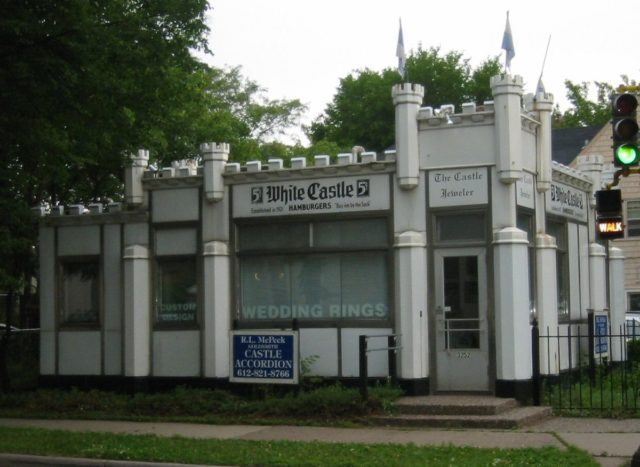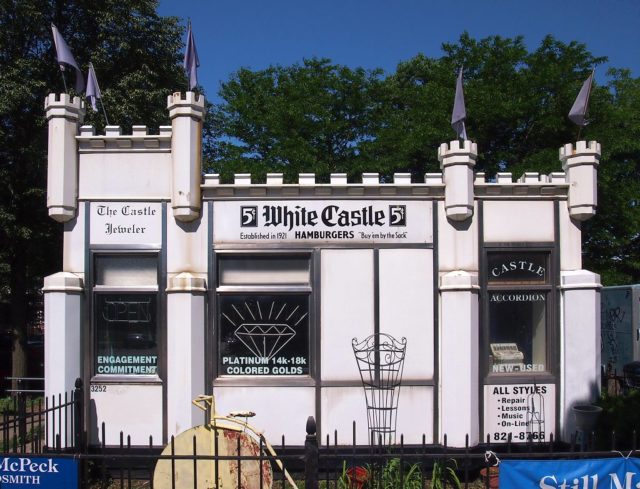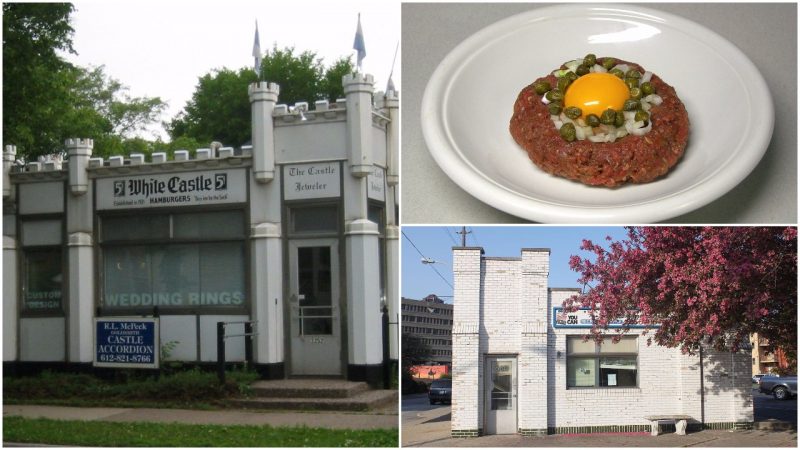Who doesn’t like a good handful of hamburger, right? Not everybody is aware of the long history beneath the emergence of this popular fast food treat, though. Most likely, hamburgers first appeared in the 19th century or early 20th century with the emergence of the working class and the subsequent demand for mass-produced and affordable food that could be eaten anytime, anyplace.
However, “fast food” is sort of connected to the times of Kublai Khan (1215-1294). Kublai Khan, a grandson of Genghis Khan, invaded Moscow with his soldiers, and all along, introduced minced horsemeat to the local people of Moscow. The meal later became known as steak tartare.

The first description of steak tartare was probably provided by Jules Verne in one of his books, “Michael Strogoff”, and the dish was comparable to the German dishes Labskaus and Mett. Reportedly, it was the Germans who adopted meat recipes from the Russians and created many of their own dishes by mixing various new ingredients. They also started selling such meals out on the streets.
Russian ships also brought recipes for steak tartar to the port of Hamburg, during the 17th century, a time greatly remembered by the presence of Russians there. The German seaport city was even nicknamed “the Russian port.” Thanks to the trading system in those days around the Baltics, Hamburg grew in importance between 13th and 17th centuries. The city was, in fact, one of the largest ports in Europe.
When Europeans started to colonize the Americas, Hamburg gained further significance as a port as many early transatlantic voyages during the age of steam started off from there. During the first half of the 19th century, the majority of northern European emigrants who traveled to the New World embarked on their journey from Hamburg. This played a major role in the appearance of hamburgers in America.

Naturally, immigrants who hopped on these ships brought with them their culinary customs. New York City was the most common destination for the new arrivals from Hamburg. Therefore numerous restaurants that first served Hamburg-style steak were opened there. The dishes were prepared to fit the tastes of the Europeans, playing on an emotional basis for sure, as the food evoked memories of the Hamburg port and the world they had left behind.

By the early 20th century, multiple variants of the hamburger could be seen on the menu. Then, on November 16, 1916, another important moment happened. Chef and entrepreneur Walter “Walt” Anderson opened a hamburger stand in Wichita, Kansas, which was distinctive in its service and impressed local customers. At that time, hamburgers were still not widely popular among Americans.
Anderson further added onion rings to the burgers while they grilled, which gave the meal a special flavor. Demands rapidly increased and customers started to purchase a dozen hamburgers at once. Soon after, the logo of the company was “buy ’em by the sack.” Anderson really helped hamburgers kick-off.

In 1926, Edgar Waldo “Billy” Ingram started a collaboration with Anderson and opened the first White Castle restaurant in Wichita. The new venue was opened with the idea of cooking hamburgers really quickly, and by 1931, the “White Castle” established a hundred restaurants in cities around the Midwestern United States. Memorable for its small, square hamburgers, the White Castle is generally credited with being the first fast food chain restaurant in the States.

The company also issued a newsletter for all its employees entitled “The hot hamburger,” which challenged everyone to improve the sale of burgers by simply preparing them rapidly, so that customers could purchase them without any waiting and eat them whichever place they liked. White Castle also standardized its product and assured each patty served in each restaurant was done in the same manner. This entirely revolutionized the sale of the food itself: it was the beginning of the fast food era.
Periodically, the White Castle also ran promotional ads in local newspapers, becoming the first of such a company to do advertisement, and their ads also contained coupons offering five burgers for ten cents, takeout only. For the ads, the company used the old “buy ’em by the sack” slogan.
Now, that’s enough; it’s time to go and get a hamburger.
